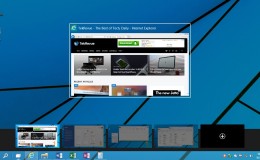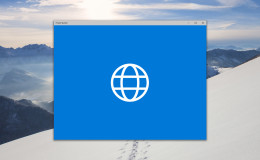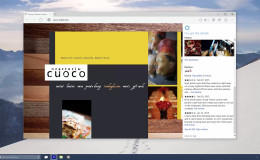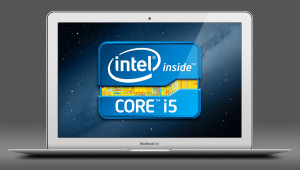Just over six months after its release, Microsoft has sold more than 100 million Windows 8 licenses, the company reported late Monday. That number includes more than 40 million copies sold since January and is on par with the company’s sales pace for Windows 7 in 2009.
There has been an awakening in the Force. Have you felt it? Get pumped for Star Wars: The Force Awakens by saving 25% on Star Wars: The Digital Movie Collection, available now from Amazon and iTunes.
Tami Reller, CFO for Microsoft’s Windows Client Team, stated that the product’s outlook should be stronger as the back-to-school season begins and new purchases are combined with the introduction of new hardware. A lack of touch-enabled devices may have slowed Windows 8’s adoption, Ms. Reller told ZDNet, but even with the current hardware market, the operating system’s sales have been “consistently going up.”
It should be noted that Microsoft measures sales as “sell ins,” meaning that licenses sold to computer makers are included alongside traditional retail or online sales directly to customers. That means that while over 100 million licenses of Windows 8 have been recorded on Microsoft’s books, some (perhaps even many) of those licenses are still sitting on store shelves and have not been purchased by end users. However, Microsoft’s numbers don’t include copies of the product distributed via volume-licensing agreements to enterprise customers; the company records that revenue separately.

Interestingly, Microsoft did not clarify if its reported sales numbers for Windows 8 also include Windows RT, the Windows operating system designed for ARM-based tablet devices.
Microsoft also reported numbers for its Windows Store Monday. The company said that its new marketplace, introduced with Windows 8, now contains 60,000 apps, an increase of 20,000 since January. The store has also registered more than 250 million downloads, although Microsoft did not clarify the breakdown between free and paid apps.
For comparison, Apple’s iOS App Store, launched in 2008, boasts over 800,000 apps and nearly 50 billion downloads while the various Android markets combined also contain more than 800,000 apps. However, the Microsoft Store is far younger than its competitors and new to the mobile device market.
Looking forward, Microsoft is confident that its upcoming “Windows Blue” update and the launch of more diverse Windows 8/RT devices, including small form-factor tablets, will strengthen the company’s position in the mobile market. With Android and iOS devices continuing to see increased sales, however, Microsoft has a long way to go before cementing a position as a major player in mobile.























